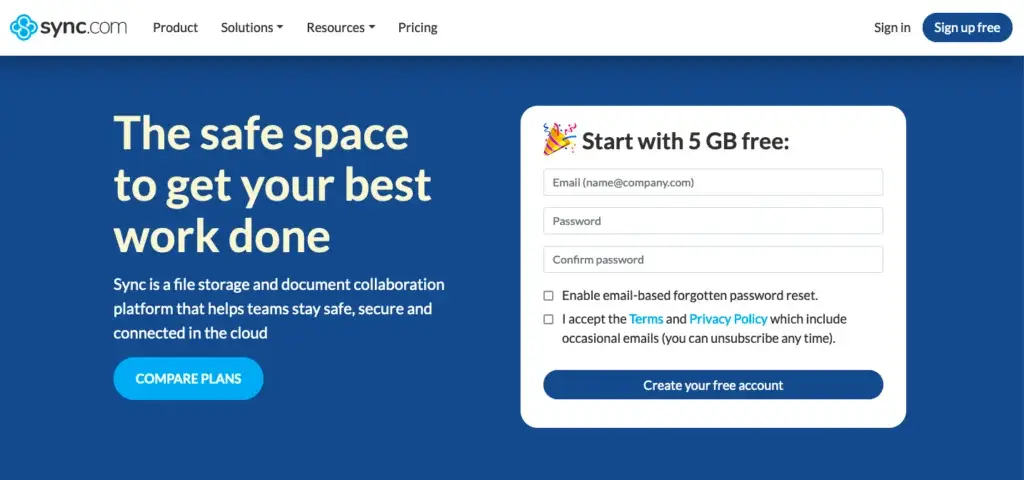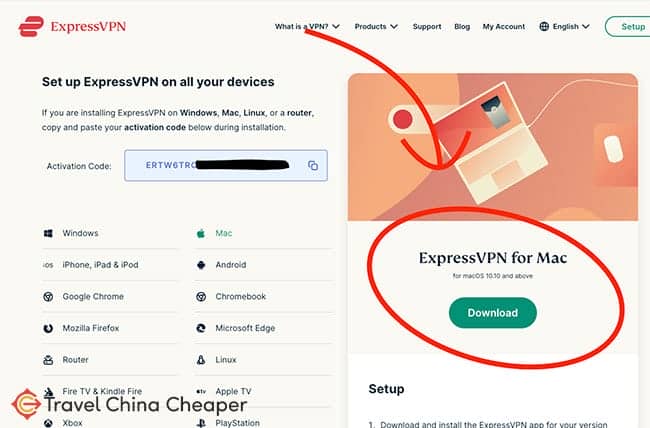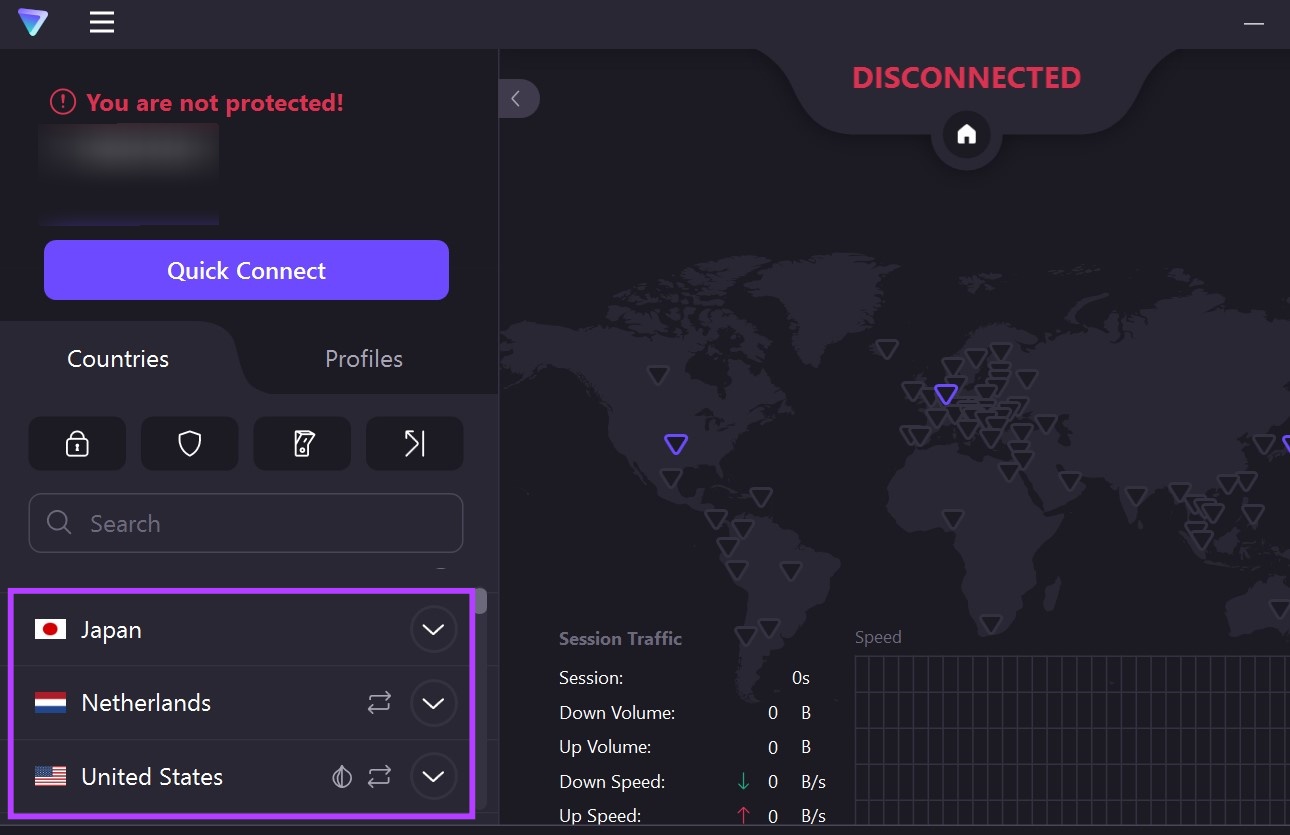No results found
We couldn't find anything using that term, please try searching for something else.

What Is an SSL VPN?
For many years, VPNs relied on a technology known as Internet Protocol security (IPsec ) to tunnel between two endpoints. A heavyweight technology, IP
For many years, VPNs relied on a technology known as Internet Protocol security (IPsec ) to tunnel between two endpoints. A heavyweight technology, IPsec uses a combination of both hardware and software to mimic the qualities of a computer terminal connected to an organization’s local-area network (LAN), allowing access to anything that an internal computer could.
This is because IPsec works on the network layer of the Open Systems Interconnection (OSI) model and must be managed physically by network engineers rather than via software. Most IPsec VPN solutions require the installation of both special hardware and software for a user to gain access to the network.
The main benefit of this setup is the extra layers of security. When the network is protected not only by software but also by hardware, it is more difficult for cyber criminals to infiltrate the network and steal critical data.
Conversely, the downside of IPsec VPNs is that they can be expensive and cumbersome to buy, install, and maintain the licenses for both the hardware and software systems needed. In today’s work-from-home environments, this type of setup would require the shipping of IPsec VPN hardware to each employee, instructing each on how to download the software and manage the usage, maintenance, and updating moving forward—a high level of responsibility and stress on the organization.
Instead , SSL supported modern web browsers require additional installations . devices , including smartphones tablets , browser installed , individuals is have “ client software ” necessary connect internet SSL VPN .
SSL VPNs also have another major benefit—they allow tunneling to specific applications. This can be helpful when networkwide access is unnecessary. For example, certain employees or contractors might not need access to certain applications that others do. SSL VPN technology can ensure that those individuals receive different administrative access rights depending on their positions.
The ease of access provided by SSL VPNs usually means that only web-based applications are accessible through the VPN. In a world where Software-as-a-Service (SaaS) applications are the norm for everything from A/B testing to zero-trust networking, this will likely not cause a problem. However, to restrict certain employees from accessing specific applications, the involvement of IT staff is needed to authorize access. This could require additional cost.
, additional software hardware needed , SSL VPN biggest security risk is is browser . Malware attacks is target , including man – – – middle ( MITM ) attacks adware , usually target browsers . , employees trained look browser avoid inadvertently downloading malware intended spy behavior steal sensitive data .





